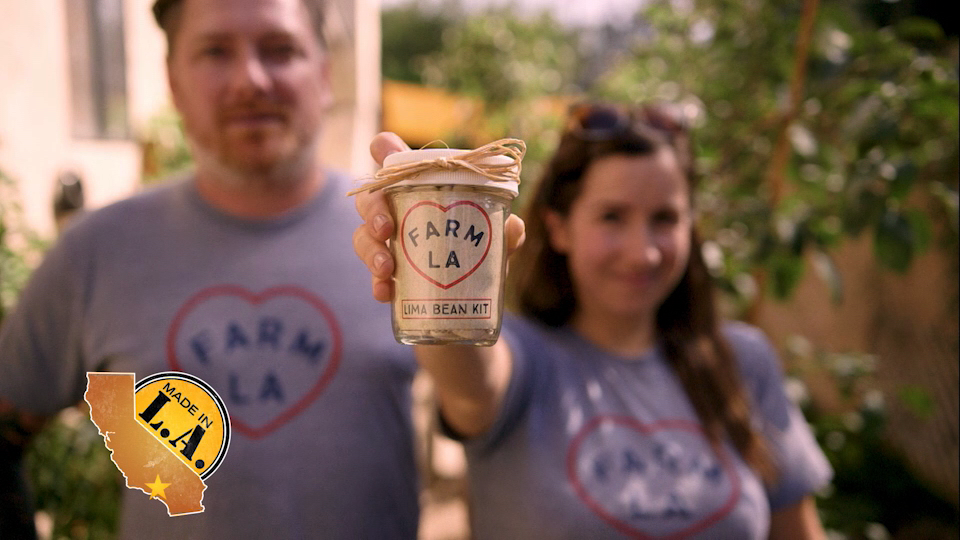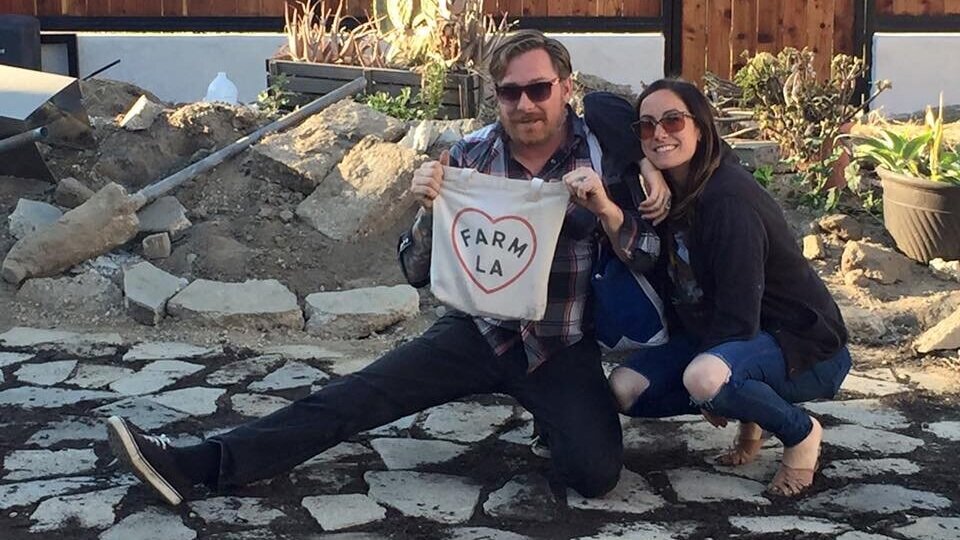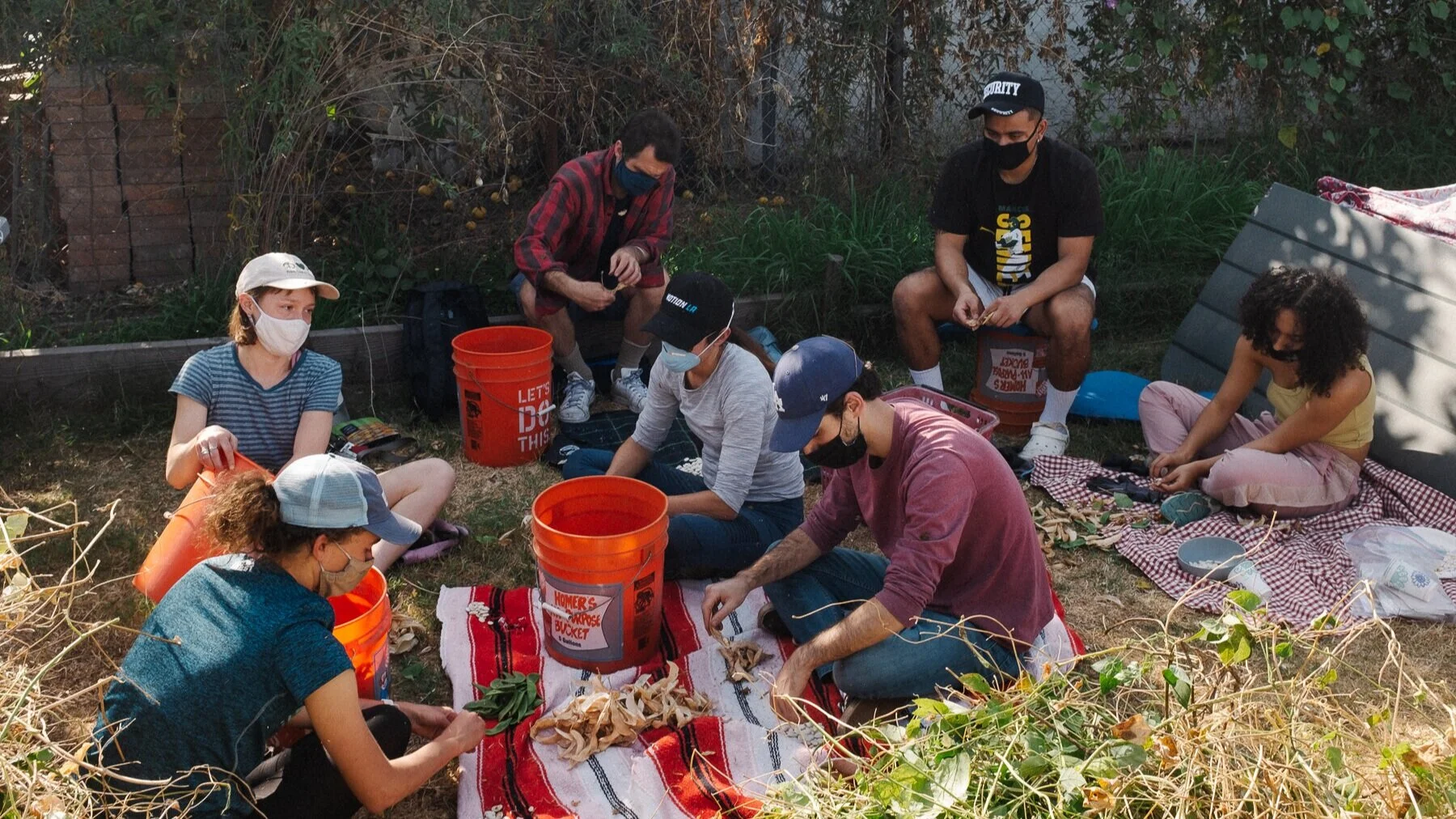Fostering Health through Community Gardening
by Fiona Osborn
Our health has always been intertwined with the environment. One way we are reliant on the environment is through “ecosystem services,” or all of the benefits we get from nature such as food, clean water, and clean air. Our relationships with the environment are often quantified in economic terms, yet the environment can also have a profound effect on mental well-being. Studies have shown that experiences in nature positively correlate with mood improvements. [1]
Not only can nature improve mental health, but these outdoor experiences can also be ways to create connections with others and build a sense of community. There are several local organizations that are trying to bring these environmental benefits to their communities. By shaping our relationships with the environment to better harness these advantages, these organizations play a critical role in preserving environmental advantages for future generations. Among these organizations are Farm LA, a local community garden serving the LA community.
an interview with Farm LA
For Emily Gleicher, the founder of the nonprofit Farm LA, starting a community garden does not have to be a daunting task. In fact, hers grew out of a simple last-minute Valentine’s day gift of lima beans from the CVS garden section. From these seeds—gifted to her by her partner seven years ago—and the inspiration to turn vacant lots into donation-only farms, Farm LA sprouted. Farm LA is a Los Angeles-based organization that works to convert vacant lots into community gardens with the capacity to feed its neighbors. Over the last six years, they have produced over 600 lima bean donation kits from their lot—all from the original CVS lima beans. These kits include dried lima beans and a dual Spanish/English instruction manual on how to prepare them for an interesting dish or use them to start your own garden.
Farm LA is located in a very urban setting; their backdrop consists of two freeways, yet this is what Emily imagined when first developing her organization. She wanted to serve communities who could truly benefit from having newfound access to nutritious, locally-grown food, rather than those who have the resources to build a garden themselves. The surrounding community is always on her mind when making decisions about what to grow or how to manage the garden. She is continuously in awe with the amazing Farm LA volunteers, and says “it’s been a joy dealing with the amazing people that want to do great things for their neighbors, and maybe also want to get their hands in the dirt.” It is these volunteers who form the basis of the organization and bring a sense of community to their garden. Though Farm LA’s doors are always open, they are conscious of not putting the responsibility of garden maintenance on the immediate neighbors. Instead, they hope for these neighbors to be the main beneficiaries of the plot, and in the future want to further engage the surrounding community in the fun aspects of gardening, such as the harvest.
Inherent in Farm LA’s mission is promoting community wellness. They are adamant about the high nutritional value of lima beans—they are rich in micronutrients and fiber, associated with lowering glucose levels to help prevent diabetes, and contain proteins that may help fight colon cancer. [2, 3] More than that, lima beans grow fast, produce large quantities of food, and do well in drought-tolerant conditions. All of these factors make them the perfect crop for fulfilling Farm LA’s mission of feeding people from food grown locally in LA. Furthermore, all of the recipes included in donation kits focus on healthy, simple recipes with minimal ingredients in an attempt to make healthy dishes more accessible. In her free time, Emily loves experimenting with the versatility of lima beans, making everything from lima bean hummus to lima bean waffles!
Mental well-being is also at the forefront of Farm LA. Gardening has been shown to be beneficial for your health in a variety of ways, such as reducing stress and anxiety, increasing quality of life, and promoting social connections. [4] According to Emily: “We really try to make it a part of our mission statement on how getting headspace, coming to the farm, focusing on something other than yourself, taking over a [garden] bed...is definitely worth gold in mental wellness.” A large part of what the organization emphasizes in relation to mental health is the antidepressant capabilities of soil: Emily believes that “there’s something so medicinal about touching the soil.” The calming sensations associated with physically touching the soil and getting your hands dirty has a scientific basis—a 2007 study published in Neuroscience found that naturally-occuring bacteria in soil stimulates the serotonin systems in the brain that are responsible for feelings of happiness. [5] This finding underscores the impact gardening can have on mental well being, which ties into one of Emily’s few highlights of 2020: watching close family and friends discover the excitement of gardening. For Emily, “seeing friends and family come around and order their home mushroom kits and their own backyard gardens...that’s been really gratifying to see everyone figure out how important [gardening] is.”
For Emily and the people around her, gardening has offered an outlet to help them get through this challenging time. Emily’s advice for people interested in gardening themselves: join a community garden. Not only is it a great way to support gardening in your neighborhood, but it is also a great way to get involved in your community and learn from others gardening in the same space as you. If there is not one near you, start a sidewalk garden in that little patch of green space along the street, or talk to your landlord about creating a rooftop space. At the end of the day, gardening can be as easy as planting herbs on your windowsill, or going to your local CVS and buying lima beans as a last-minute Valentine’s gift. The most important thing to remember is that gardening is a journey, and there is always more to learn. Even after seven successful years at Farm LA, Emily still believes there is more to know; she hopes to expand her knowledge and organization to more vacant lots around Los Angeles in the near future.
References
“Nature and mental health: An ecosystem service perspective.” Science Advances. (2019).
“Nutritional and health benefits of dried beans.” The American Journal of Clinical Nutrition. (2014).
“Legume seeds and colorectal cancer revisited: Protease inhibitors reduce MMP-9 activity and colon cancer cell migration.” Food Chemistry. (2017).
“Gardening is beneficial for health: a meta-analysis” Preventative Medicine Reports. (2017).
“Identification of an immune-responsive mesolimbocortical serotonergic system: Potential role in regulation of emotional behavior.” Neuroscience. (2007).









